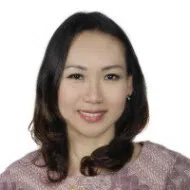South Korea's pivot to the US will impact ASEAN
New South Korean President Yoon Suk-yeol has a tough balancing act to pull off in his foreign policy as South Korea remains wary of greater US-China rivalry and China's rise. The Yoon administration will likely continue to deepen its economic relations with ASEAN, and place more emphasis on security cooperation and a greater alignment with the US's values-based diplomacy.
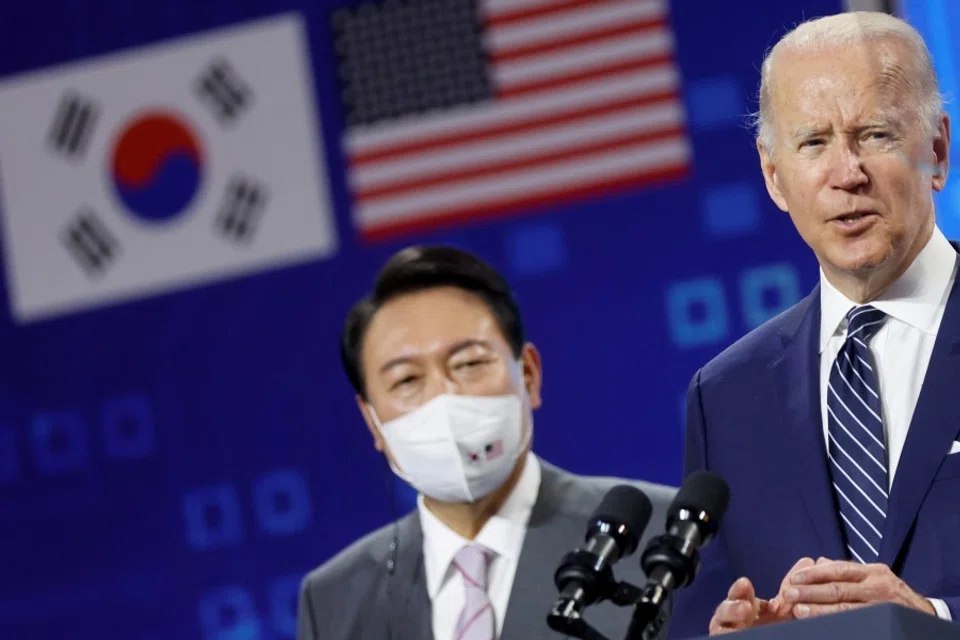
South Korea's new President Yoon Suk-yeol was sworn into office on 10 May 2022 as the first conservative president in five years. Barely two weeks into his presidency, he met US President Joe Biden, who made his first official visit as president of the US to Asia from 20 to 24 May.
Apart from bilateral meetings with his counterparts in Tokyo and Seoul, Biden also had a summit meeting with the Quad leaders from Japan, Australia and India. This signals the US's close engagement with its Northeast Asian allies and underscores its commitment to Asia on the heels of the special summit with ASEAN just last week.
President Yoon will likely learn quickly that Beijing is a nimble and formidable power that will make balancing Seoul's approach towards the US-China rivalry a tough act.
Optics seem positive for Yoon, whose hawkish tone vis-à-vis China and North Korea during his presidential campaign belies his lack of foreign policy experience. He is seeking to strengthen Seoul's security cooperation with the US as well as to establish the Republic of Korea (ROK)'s foothold in the Indo-Pacific - an ambition that President Biden will be happy to support.
However, President Yoon will likely learn quickly that Beijing is a nimble and formidable power that will make balancing Seoul's approach towards the US-China rivalry a tough act. China has already invited Yoon for a visit to Beijing and sent Vice-President Wang Qishan to attend Yoon's inauguration when Washington only rustled up Second Gentleman Douglas Emhoff.
While President Yoon might be thinking of departing from the trajectory of his predecessor President Moon Jae-in in foreign policy, Southeast Asian leaders will wonder how ASEAN can continue to be relevant to South Korea. What will the new priorities and approach of Yoon's administration mean for the ASEAN region?
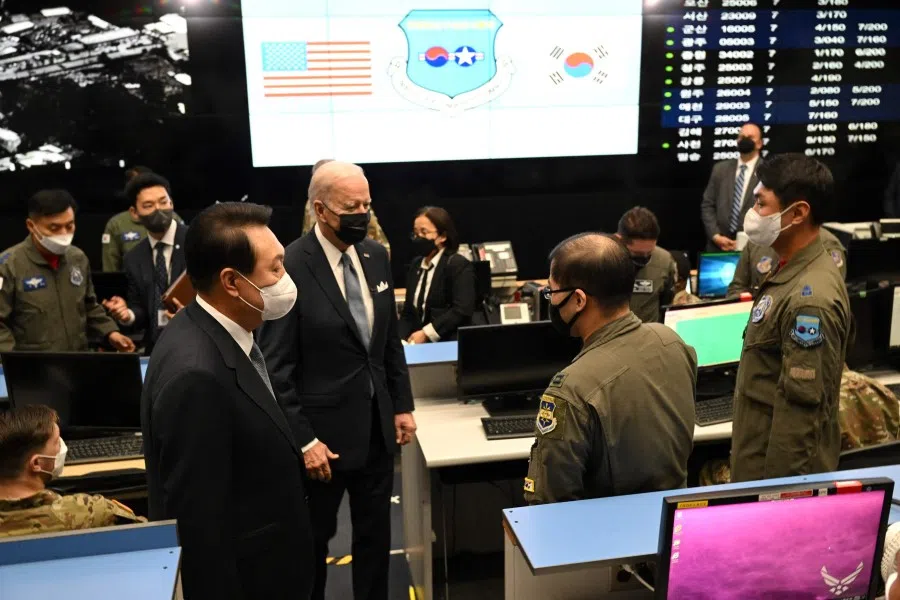
President Yoon certainly has big shoes to fill when it comes to ASEAN. After all, President Moon's signature New Southern Policy (NSP), which prioritised cooperation with ASEAN, has helped elevate the ROK's relations with the regional bloc. By focusing on "prosperity, people, and peace", the NSP provided the scope for greater practical and functional cooperation, which led to important tangible economic and socio-cultural gains for ASEAN and the ROK's domestic constituents.
Moon was also the first South Korean president to have visited all ten ASEAN member states during his term in office. Under his administration, the ROK invested in the Regional Comprehensive Economic Partnership (RCEP). This will boost the already high volume of bilateral trade between ASEAN and the ROK. (ASEAN is the ROK's second-largest trading partner while the ROK is ASEAN's fourth-largest trading partner.)
President Yoon is likely to maintain this important economic engagement with ASEAN. ASEAN is among the 110 national priorities set out by President Yoon for his term. He has indicated that cooperation with ASEAN remains important and acknowledged the need to engage ASEAN especially when the US-China rivalry is intensifying and the ROK remains wary of China's rise.
ASEAN might see closer alignment between the ROK and the US in ASEAN-led mechanisms such as the East Asia Summit and the ASEAN Defence Ministers' Meeting (ADMM-Plus).
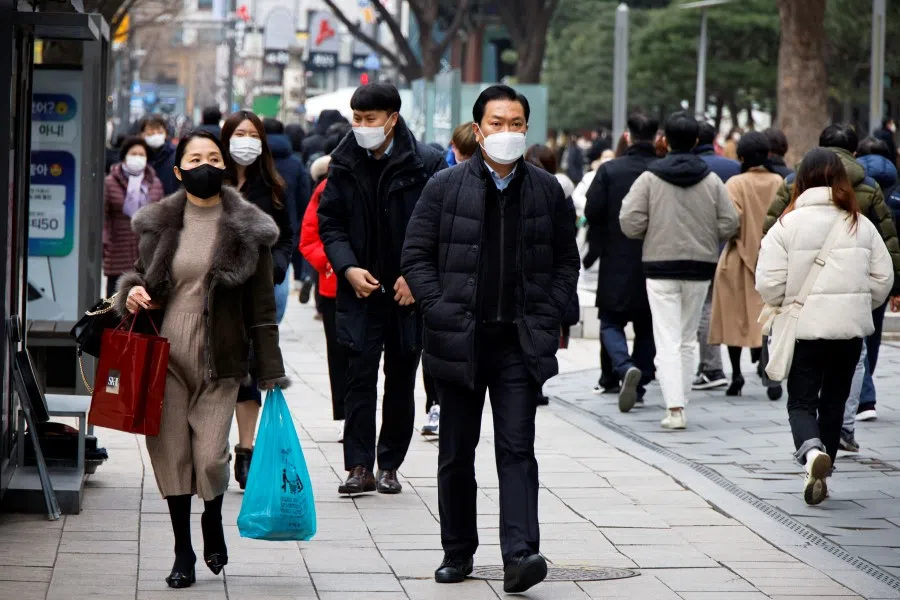
However, it can be expected that Yoon will reshape and possibly rename Moon's NSP in line with his administration's agenda, without abandoning its core concept.
Yoon's approach will likely differ from Moon's approach in three key aspects: first, security cooperation will take centre stage. Yoon is expected to take a renewed interest in security developments in the Indo-Pacific and seems anxious to align the ROK's security priorities with the US's.
ASEAN might see closer alignment between the ROK and the US in ASEAN-led mechanisms such as the East Asia Summit and the ASEAN Defence Ministers' Meeting (ADMM-Plus). New ASEAN-ROK initiatives may dovetail with Korea's current priorities in the Indo-Pacific focusing on strategic dimensions such as health security, cybersecurity and non-traditional security challenges including climate change.
ASEAN will welcome the prospect of seeking greater alignment between the ASEAN Outlook on the Indo-Pacific (AOIP) and the ROK's priorities in the Indo-Pacific. Potential areas for cooperation such as maritime security, connectivity, sustainable development, and economic cooperation exist.
...the ROK will draw closer ideologically to the US on norms and principles including the advancement of "freedom, peace, and prosperity" through liberal democratic values.
However, the regional bloc may be cautious if the ROK shifts its focus towards "minilateral" groupings such as the Quad as that would divert attention from ASEAN-led approaches. The ROK has unofficially expressed its interest to join the Quad and has participated in "'Quad-Plus" engagements. The shift of the Quad's focus towards tangible regional cooperation in areas like Covid-19 vaccines and climate change could open the possibility of its working with ASEAN to complement ASEAN's institutions.
Second, Yoon's inaugural speech as president, which mentioned "freedom" 35 times, has raised expectations that under his leadership, the ROK will draw closer ideologically to the US on norms and principles including the advancement of "freedom, peace, and prosperity" through liberal democratic values.
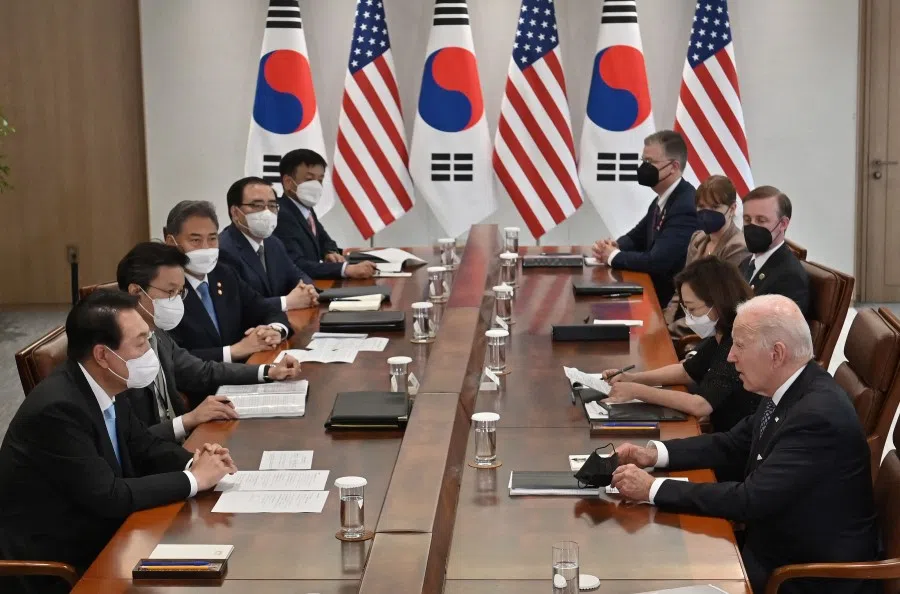
Third, the ROK's official announcement that it will join the US's Indo-Pacific Economic Framework for Prosperity (IPEF) even before its formal launch indicates Yoon's desire to align more closely with the US's economic priorities. Emerging economic security issues such as securing the regional supply chain, improving infrastructure, boosting the digital economy, carbon neutrality and innovation are not only important for IPEF, but might feature more prominently in ROK's economic engagement in ASEAN.
Given Yoon's reportedly tougher stance towards China, he has already made noises about his preference to expand economic ties with Southeast Asia to reduce Korea's economic reliance on China.
These three foreign policy foci taken together will serve Yoon's "ABCD" strategy for approaching Southeast Asia and his election pledge based on a "Global Vision for a New Korea" to expand the ROK's foreign policy to become a "global pivotal state".
While ASEAN will continue to be a "strategic" partner for the ROK (since it formally upgraded the relationship in 2010), Seoul's priorities will remain centred on its immediate neighbourhood and domestic challenges. It remains to be seen whether the ROK can sustain a positive momentum with ASEAN, including possibly establishing a "comprehensive strategic partnership", following other dialogue partners such as the US, China and Australia.
Under Yoon, Seoul has an opportunity to improve the ROK's standing as a middle power in the Indo-Pacific and to become a more trusted partner for smaller nation-states in ASEAN.
This article was first published by ISEAS - Yusof Ishak Institute as a Fulcrum commentary.
